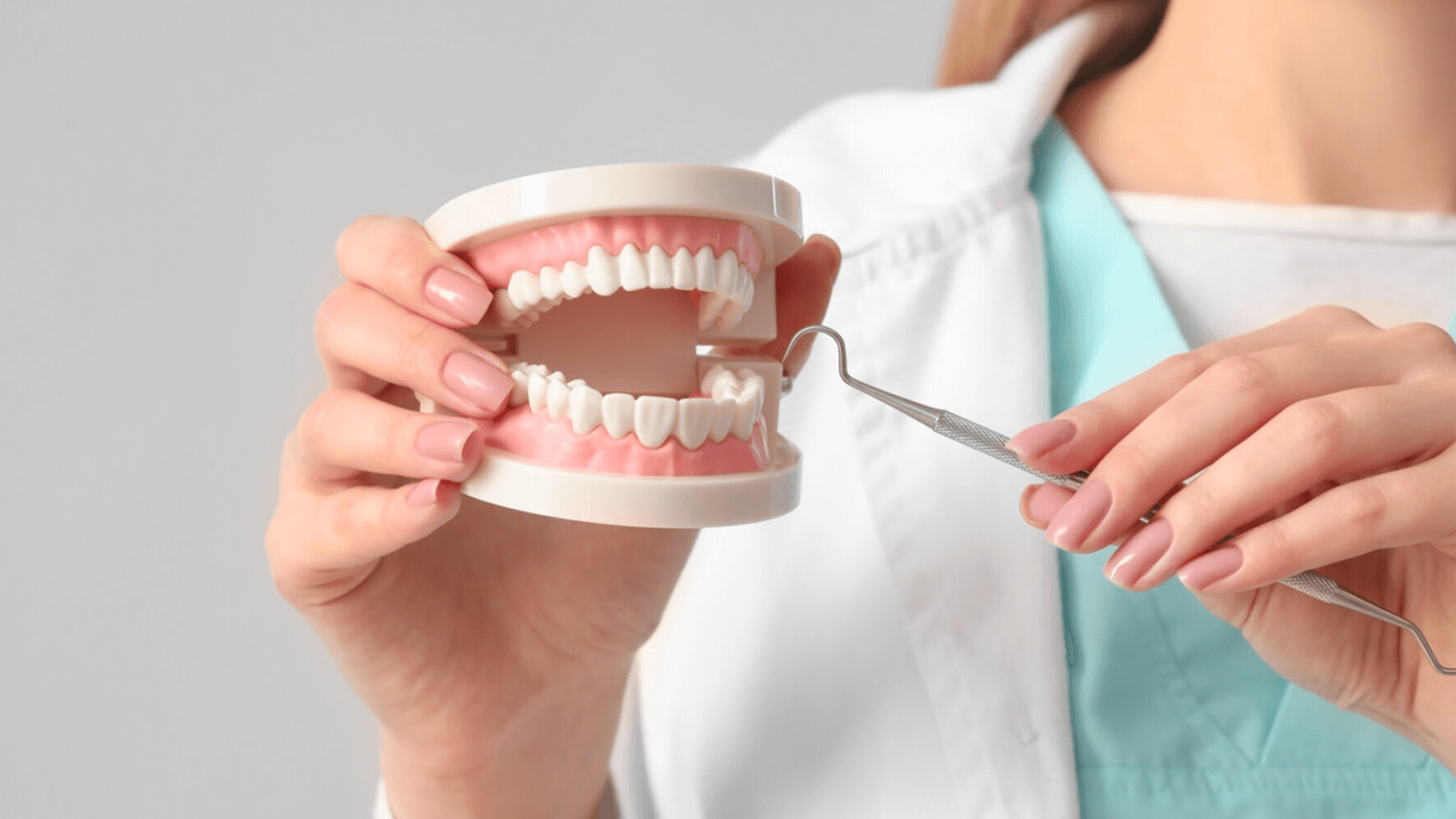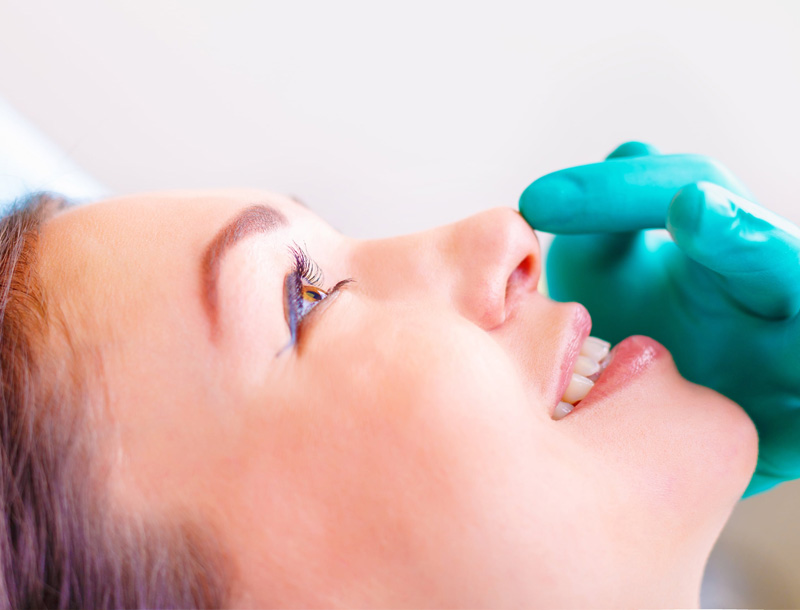A Healthy Smile for Life: The Importance of Regular Dental Treatment

Your smile is one of the first things people notice about you—it reflects not only your confidence but also your overall health. Taking good care of your teeth and gums goes far beyond aesthetics; it’s essential for maintaining proper oral function, preventing diseases, and supporting overall well-being. Neglecting dental care can lead to various issues such as cavities, gum disease, bad breath, and even systemic health problems.
That’s why regular Dental Treatment plays a vital role in preserving your oral health and keeping your smile bright and healthy. From preventive care to restorative and cosmetic procedures, professional dental treatments are designed to help people maintain strong teeth, healthy gums, and long-lasting confidence.
Understanding the Value of Dental Care
Dental care is not just about fixing problems when they arise; it’s about preventing them from occurring in the first place. Many oral health issues, including tooth decay and gum disease, can be avoided with routine checkups and cleanings. Dental treatments are tailored to each individual’s needs, focusing on maintaining and improving oral health over time.
Professional dental treatments can help identify potential issues early, ensuring they are treated before becoming painful or costly problems. Whether it’s a simple cleaning or a more complex procedure, regular visits to a dentist help ensure that your oral health remains in top condition.
Types of Dental Treatments
Dentistry covers a broad range of treatments designed to address different needs—from basic preventive care to specialized procedures. Here are some of the most common categories:
1. Preventive Dental Care
Preventive treatments are the foundation of good oral health. They include regular checkups, professional cleanings, fluoride applications, and dental sealants. These help prevent cavities, plaque buildup, and gum infections while keeping your smile fresh and clean.
2. Restorative Dental Procedures
Restorative treatments are necessary when teeth are damaged, decayed, or missing. Common restorative procedures include:
- Fillings: Used to treat cavities and restore the tooth’s structure.
- Crowns: Caps placed over damaged teeth to restore shape and strength.
- Bridges: Fixed replacements for missing teeth.
- Implants: Artificial tooth roots that support replacement teeth.
3. Cosmetic Dentistry
Cosmetic dental treatments focus on enhancing the appearance of your smile. These may include teeth whitening, veneers, bonding, and reshaping. Cosmetic dentistry combines aesthetics and function to create a natural, attractive smile.
4. Orthodontic Treatments
Orthodontics focuses on correcting misaligned teeth and bite issues. Braces and clear aligners help improve both appearance and function, making oral hygiene easier and preventing jaw discomfort.
5. Periodontal (Gum) Care
Healthy gums are crucial for strong teeth. Gum disease treatment involves deep cleaning (scaling and root planing), medication, or even surgical procedures to prevent tooth loss and maintain gum health.
6. Oral Surgery and Advanced Treatments
Some dental conditions may require surgical intervention. This includes wisdom tooth extraction, jaw correction, and implant placement. These treatments are performed using modern techniques to ensure comfort and safety.
Why Regular Dental Checkups Are Essential
Many people only visit a dentist when they experience pain or discomfort, but regular dental visits should be part of every health routine. Here’s why:
- Early Detection of Issues: Dentists can identify cavities, infections, and other concerns before they become serious.
- Prevention of Tooth Decay and Gum Disease: Professional cleanings remove plaque and tartar buildup that daily brushing can’t.
- Improved Overall Health: Studies show that oral health is linked to heart disease, diabetes, and other systemic conditions.
- Fresh Breath and Confidence: Regular cleaning and maintenance keep your mouth feeling fresh and your smile radiant.
- Cost-Effective in the Long Run: Preventive care reduces the risk of costly procedures later.
The Dental Treatment Process
The process of receiving dental care is straightforward and designed for patient comfort. A typical visit includes:
1. Consultation and Examination
Your dentist performs a comprehensive oral examination, often including X-rays to assess hidden issues.
2. Diagnosis and Treatment Planning
Based on your dental condition, a personalized treatment plan is created. The dentist explains your options and helps you choose the most suitable approach.
3. Treatment Phase
Depending on the procedure, treatment may take place in one or multiple sessions. Advanced dental technology ensures that most treatments are quick, effective, and minimally invasive.
4. Post-Treatment Care
Aftercare instructions are provided to help you maintain results. Regular follow-ups ensure that your teeth and gums remain healthy.
How to Maintain Oral Health After Dental Treatment
After completing a dental procedure, it’s important to maintain good habits to preserve your results. Here are some key tips:
- Brush twice a day using a fluoride toothpaste.
- Floss daily to remove food particles and plaque from between teeth.
- Rinse with mouthwash to kill bacteria and freshen breath.
- Limit sugary foods and beverages, as they promote tooth decay.
- Avoid smoking to prevent gum disease and staining.
- Visit your dentist every six months for regular cleanings and checkups.
By maintaining these practices, you can extend the benefits of your dental treatment and enjoy a lifetime of healthy smiles.
The Link Between Oral Health and Overall Wellness
Oral health is closely connected to overall well-being. Poor dental hygiene can lead to bacterial infections that may affect other parts of the body. Research has shown links between gum disease and heart conditions, diabetes, and even respiratory issues. Maintaining a clean and healthy mouth is therefore a vital component of general health.
Modern Innovations in Dental Care
Dentistry has evolved remarkably, thanks to technology. Today, treatments are more precise, comfortable, and efficient than ever before. Some of the latest innovations include:
- Digital X-rays: Provide detailed images with less radiation exposure.
- Laser Dentistry: Minimizes discomfort and reduces healing time.
- CAD/CAM Technology: Allows same-day crowns and restorations.
- 3D Imaging: Enables more accurate diagnosis and treatment planning.
- Sedation Dentistry: Helps anxious patients stay calm during procedures.
These advancements have revolutionized the dental experience, making it smoother and more patient-focused.
Overcoming Dental Anxiety
Dental anxiety is a common issue that prevents many people from seeking necessary care. Dentists today are trained to provide a relaxing and reassuring environment. From gentle communication to sedation options, they ensure that every patient feels comfortable and at ease throughout their visit.
Final Thoughts
Oral health is an integral part of overall wellness, and maintaining it requires a combination of daily care and professional attention. Regular dental treatments help prevent problems, restore functionality, and enhance aesthetics—all contributing to a healthier, more confident smile.
Whether you need routine cleaning, restorative care, or cosmetic improvements, consistent dental visits can make a world of difference. Investing in your oral health today is an investment in your quality of life tomorrow. With proper care and professional guidance, you can enjoy a bright, healthy smile for years to come.







